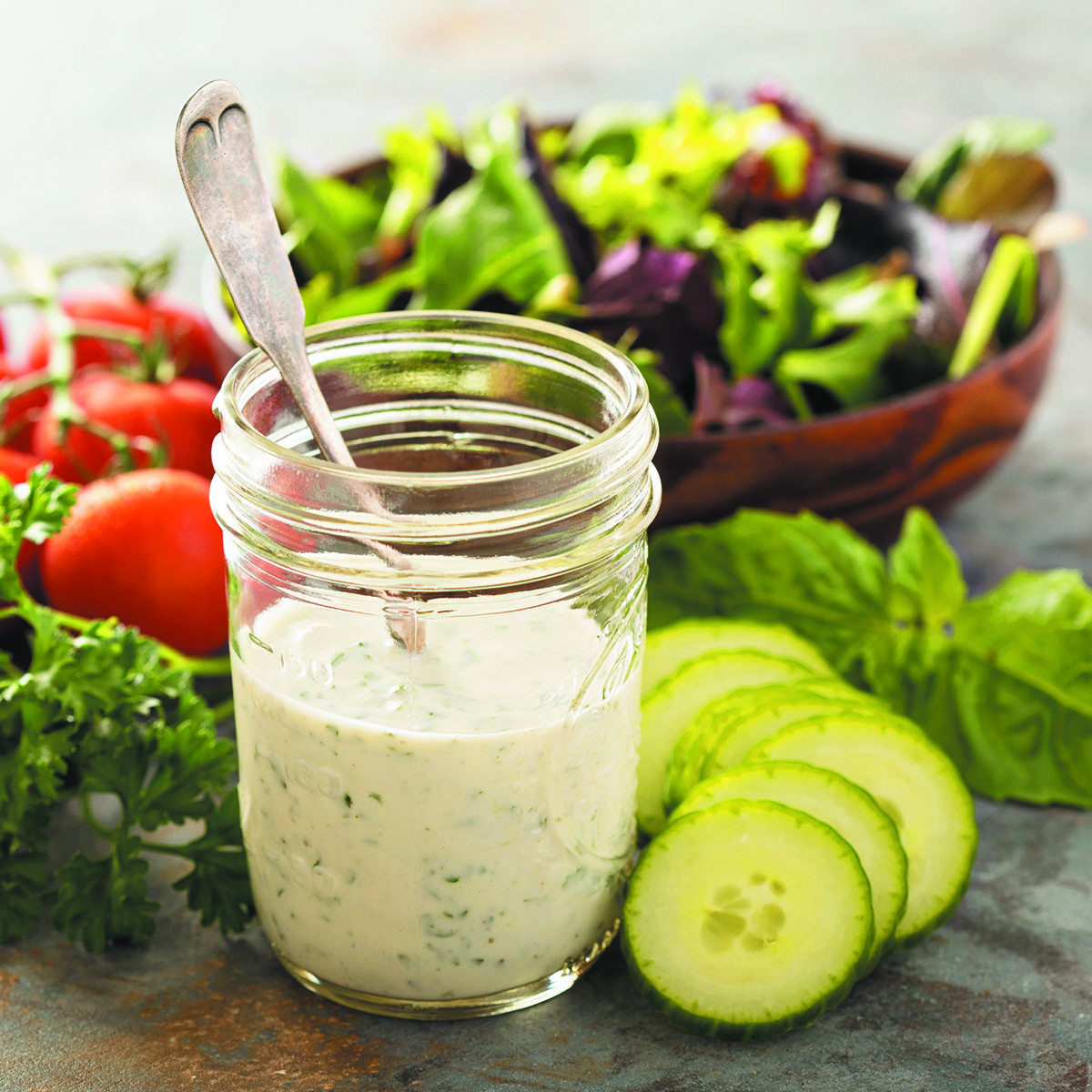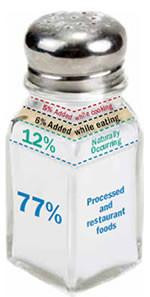
New thinking about plaque in arteries that feed the brain

Want to prevent shifting teeth? Maybe you need retainers

What you need to know about the new dietary guidelines

Food that’s healthier for people and planet can be cheaper, too

New evidence that polyphenol-rich foods help the heart

8 simple ways to reduce ultra-processed foods in your diet

How to curb your stress eating

How to spot Parkinson’s disease symptoms

Heart failure symptoms in women: How they’re different

GERD diet: Foods to avoid to reduce acid reflux
Nutrition Archive
Articles
Why nutritionists are crazy about nuts
Mounting evidence suggests that eating nuts and seeds daily can lower your risk of diabetes and heart disease and may even lengthen your life.
If your idea of healthy eating was formed a few decades ago, it may be hard to shake the notion that you should avoid nuts, which are high in calories and fat. But new evidence has overturned that assumption. In fact, a recent analysis of the nation's eating habits and health outcomes suggests that eating too few nuts and seeds is associated with an increased risk of dying from cardiovascular disease or diabetes.
For that study, in the March 7, 2017, Journal of the American Medical Association, researchers from the Tufts Friedman School of Nutrition Science and Policy relied on a model that used data from scores of observational studies on diet and health, including the National Health and Nutrition Examination Surveys, which provided detailed information on Americans' eating habits over the decade ending in 2012. They estimated that in 2012, over 300,000 deaths from heart disease, stroke, or type 2 diabetes — about 45% of all deaths from those conditions — were associated with eating either too much or too little of 10 nutrients.
The "other" incontinence — don't suffer in silence
Most people who are suffer from fecal incontinence do so in silence. As a result, the number of people with the condition — which results in the involuntary release of gas or stool — isn't known. But the scant evidence at hand indicates that it usually begins during one's 40s or 50s.
You don't have to live with incontinence — there are treatment options, which include dietary changes and bowel training regimens, and surgery for some people.
Is your salad dressing hurting your healthy diet?
Bottled dressings are often rich sources of saturated fat, calories, sodium, and added sugar.
Image: © VeselovaElena/Thinkstock
You're eating more salad for good health. But you may be undoing the benefits when you use a store-bought salad dressing.
"I have some clients who say they'll only eat salad if they can use dressing. That can add a lot of calories, sodium, sugar, and saturated fat," says registered dietitian Kathy McManus, director of the Department of Nutrition at Harvard-affiliated Brigham and Women's Hospital.
Breakfast and beyond: The case for a healthy morning meal
A breakfast containing lean protein, whole grains, and fruit may lower your risk of cardiovascular disease.
Image: © VeselovaElena/Thinkstock
Yes, you've heard it before — don't skip breakfast. Like many other popular sayings, this advice bears a kernel of scientific truth. But why is breakfast so important? "Quite simply, eating breakfast supports good health," says Kathy McManus, director of the Department of Nutrition at Harvard-affiliated Brigham and Women's Hospital. Coming as it does after the day's longest period without food, breakfast seems to influence metabolism more strongly than lunch or dinner. Failing to break your fast with a meal shortly after rising might strain your body, which could in theory lead to insulin resistance, and perhaps even other heart risk factors like high blood pressure and cholesterol problems, though this is all controversial.
A healthy morning meal also appears to be helpful in maintaining a good body weight. It may be a coincidence, but the downward trend in breakfast consumption over the last 40 years has coincided with the surge in obesity rates over the same period. In contrast, breakfast eaters are about a third less likely to be overweight or obese, and tend to be more successful in maintaining weight loss after dieting. They also show greater restraint when it comes to impulse snacking and overeating at other meals.
Fruits and vegetables for heart health: More is better
Research we're watching
Image: © tvirbickis/Thinkstock
How many daily servings of fruits and vegetables should you eat to keep your heart healthy? Five servings a day (about two-and-a-half cups) appears to slightly lower your risk of heart attack and stroke. But pump up your produce intake to 10 servings a day, and you may lower your risk of cardiovascular disease by 28% and your risk of premature death by 31%, according to a new review article.
The findings, published online Feb. 22, 2017, by the International Journal of Epidemiology, were gleaned from 95 studies from around the world looking at the effects of fruit and vegetable intake. The items that seemed to offer the greatest benefits included apples, pears, oranges and other citrus fruits, green leafy vegetables, cruciferous vegetables (such as broccoli, cabbage, and cauliflower), and green and yellow vegetables (such as green beans, carrots, and peppers).
How to stay in the sodium safe zone
Excessive sodium raises blood pressure, which raises cardiovascular risks. Reading nutrition labels, considering sodium in restaurant meals, getting adequate potassium, and reducing calorie consumption can lower dietary sodium intake.
Add color to your diet for good nutrition
Vegetable-rich diets are associated with lower risk for chronic disease. To get the full range of nutrition from plant foods, choose from a variety of colors when you shop and eat, including blue/purple, green, orange/yellow, white/light green, and red.
Power up your diet with plant-based meals
Opting for more vegetables and plant-based proteins is a new trend that's long been healthy.
Image: © Derkien/Thinkstock
Plant-based meals aren't just for vegetarians anymore. International food consultants Baum and Whiteman named vegetables and plant-based proteins two of the hottest restaurant trends for 2017. That's no surprise to Harvard dietitians. "There are many reasons why people are eating more plant-based meals," says registered dietitian Kathy McManus, director of the Department of Nutrition at Harvard-affiliated Brigham and Women's Hospital. "Part of it is about health, and part of it is about eating more environmentally sustainable meals."
Veg-centric meals
One of the trends is the "vegetable forward" or "veg-centric" movement. It's taken average vegetables and elevated them into creative entrées and side dishes. This cuisine focuses on roasting, layering, caramelizing, and grilling vegetables to give them bold flavors and appeal. You might find restaurants offering caramelized cauliflower with balsamic breadcrumbs, roasted parsnips with pistachio and lemon, or bitter greens and crispy yams. In some cases, the dishes are accompanied by chunks of animal protein (meat, poultry, or fish) that complement the meal but don't dominate it, similar to a Mediterranean-style diet.
Study ties Mediterranean diet to larger brain volume
News briefs
Image: © Francisco Arara/Thinkstock
Can eating a Mediterranean diet help you hold on to more brain cells in older age? A study published online Jan. 4, 2017, by Neurology suggests there's an association. Scientists measured the brain volumes of about 400 dementia-free people, taken when participants were age 73 and again at age 76. Researchers then compared the changes in brain volume over the three years to questionnaire answers about how well participants stuck to a Mediterranean-style diet. The diet includes lots of fruits, vegetables, olive oil, legumes, and whole grains; moderate amounts of fish, dairy foods, and red wine; and limited amounts of red meat and poultry.
Sticking to the diet was associated with a lower amount of total brain shrinkage over the three-year study period. The finding is only observational and doesn't prove that eating a Mediterranean diet slows age-related brain shrinkage. But other studies have linked eating a Mediterranean diet to larger brain volumes. The diet is also associated with better thinking skills, a reduced risk of Parkinson's disease and Alzheimer's disease, and a reduced risk of dying from heart disease or cancer.

New thinking about plaque in arteries that feed the brain

Want to prevent shifting teeth? Maybe you need retainers

What you need to know about the new dietary guidelines

Food that’s healthier for people and planet can be cheaper, too

New evidence that polyphenol-rich foods help the heart

8 simple ways to reduce ultra-processed foods in your diet

How to curb your stress eating

How to spot Parkinson’s disease symptoms

Heart failure symptoms in women: How they’re different

GERD diet: Foods to avoid to reduce acid reflux
Free Healthbeat Signup
Get the latest in health news delivered to your inbox!
Sign Up











